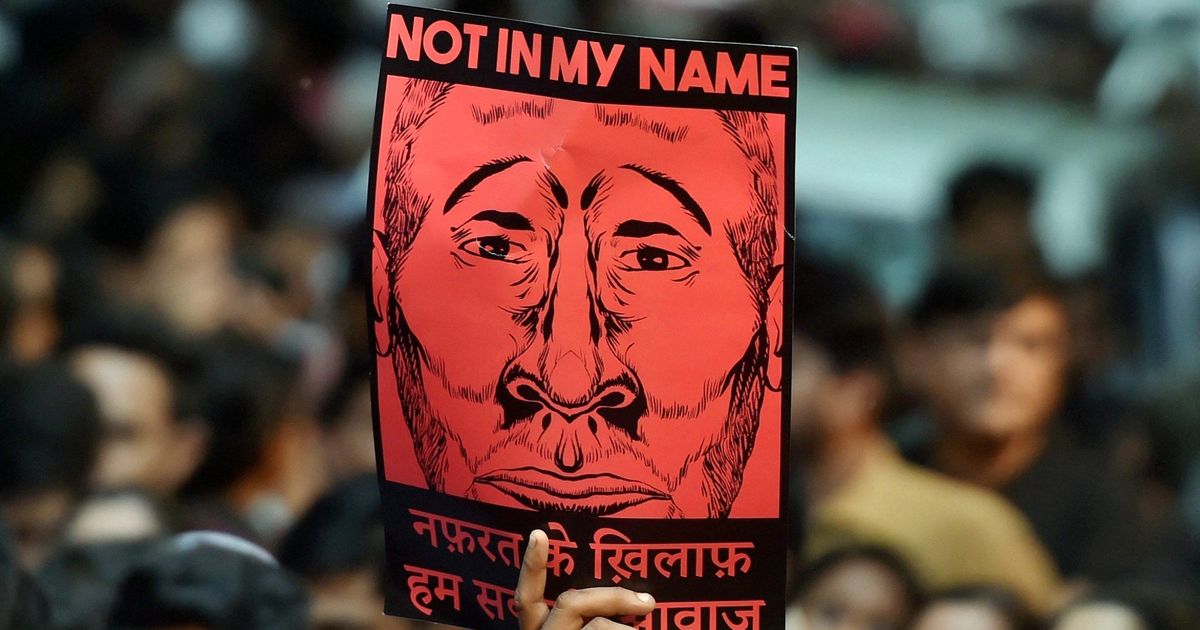
Image Courtesy: Scroll.in
The Supreme Court, on Monday, July 24, 2018, ruled that there could not be a “complete ban” on protests at Jantar Mantar in New Delhi, the Indian Express reported. A bench of Justices Ashok Bhushan and A. K. Sikri said, “There cannot be a complete ban on holding protests at places like Jantar Mantar and Boat Club (near India Gate),” and directed the Central Government to formulate guidelines regarding the issue.
The ruling came in the case of a petition filed by Mazdoor Kisan Shakti Sanghatan, which challenged an order from the National Green Tribunal (NGT), which in October 2017 had asked the Delhi government to end all protests in the Jantar Mantar area, Scroll reported. The NGT said the protests breached environmental laws, and that it was the state’s duty to shield people from nois pollution, the Indian Express reported. The bench, led by Justice R. S. Rathore, had directed the New Delhi Municipal Council (NDMC) to take down all temporary structures, loudspeakers, and other protest-related equipment on the road leading to Jantar Mantar. It had deemed the Ramlila Grounds in Ajmeri Gate as an alternative option for demonstrators, where, as per North body authorities, just one group can hold an event at a time.
It is Article 19(1) of the Constitution Of India that gives Indians the Right to Protest. Article 19 reads:
Article 19 (1) All citizens shall have the right
(a) to freedom of speech and expression;
(b) to assemble peaceably and without arms;
The petition challenging the NGT’s order argued, “….holding peaceful demonstrations in order to air grievances and to see that their voice is heard in the relevant quarters, is the right of the people. Such a right can be traced to the fundamental freedoms that are guaranteed under Articles 19 (1) (a) and 19 (1) (b) of the Constitution. Article 19(1)(b) specifically confers the right to assemble and thus guarantees that all citizens have the right to assemble peacefully and without arms,” Bar and Bench reported. The petitioner had argued that authorities and the police had curbed protests by constantly imposing Section 144 of the CrPC. The petition had said that the Delhi Police had for multiple years been issuing such directives as soon as the previous order lapsed, which constituted an abuse of power and hampered citizens’ right to protest, violating Article 19. The petitioner also submitted that in other areas of New Delhi, protests were previously permitted but have been slowly curbed over time.